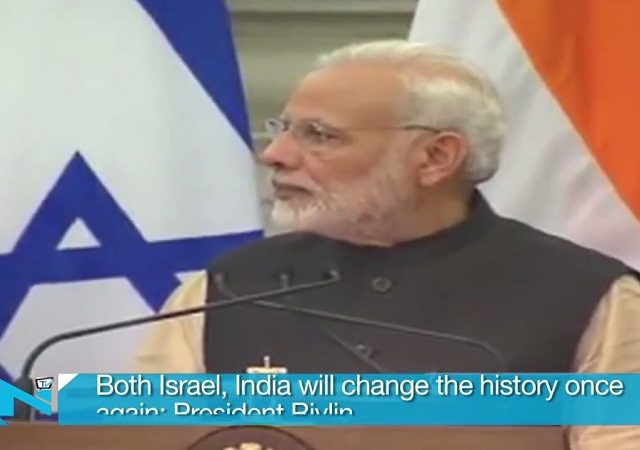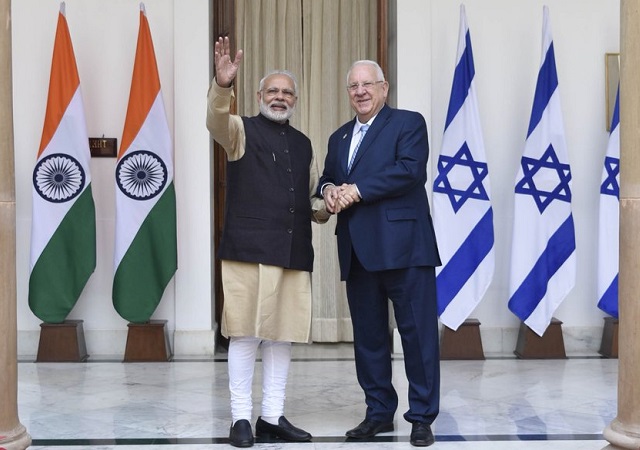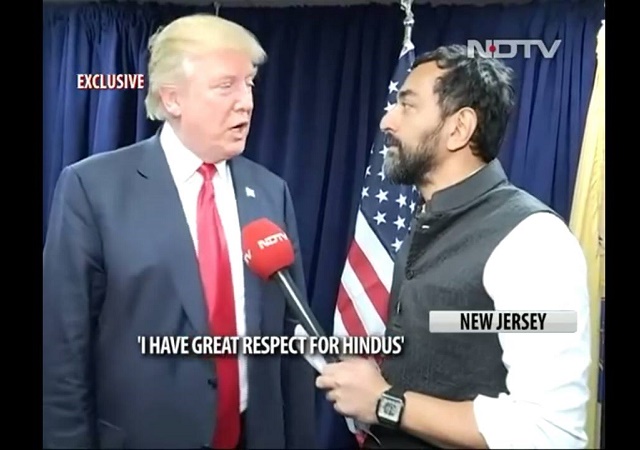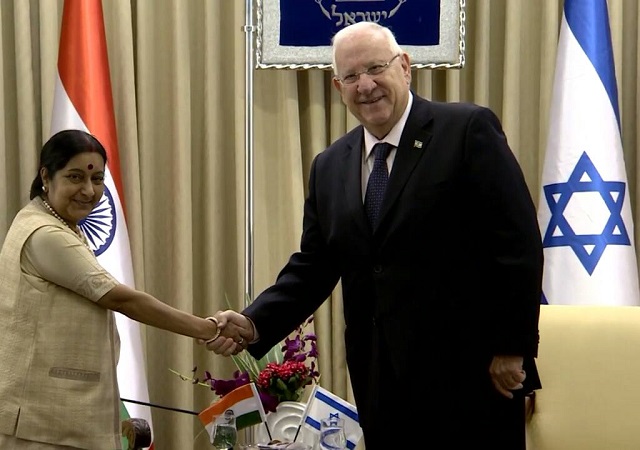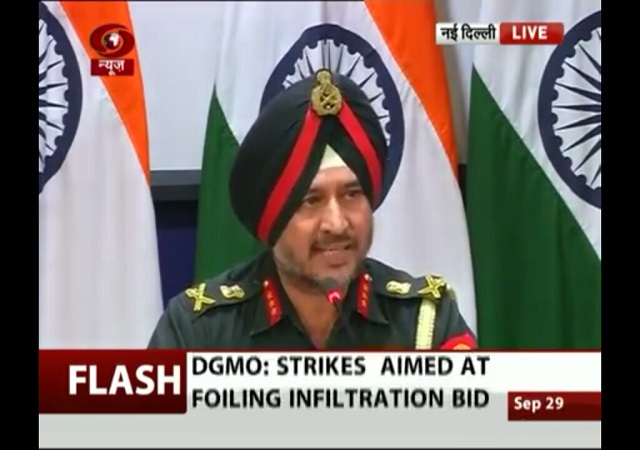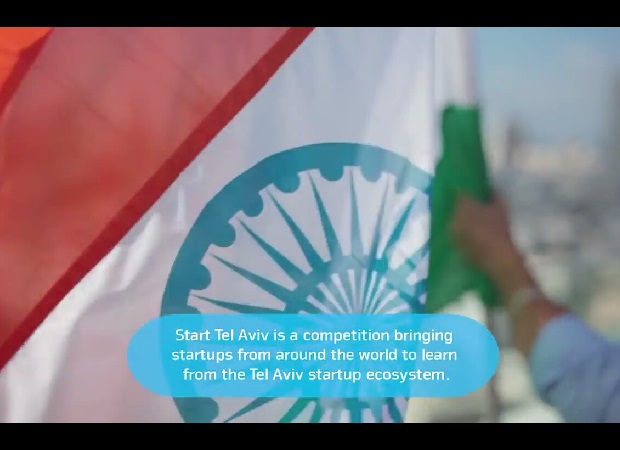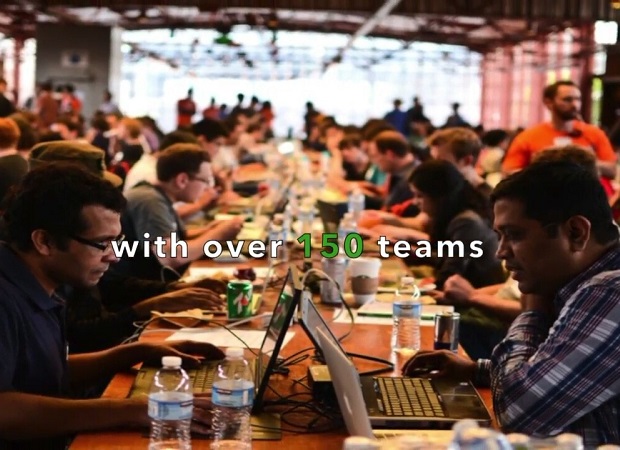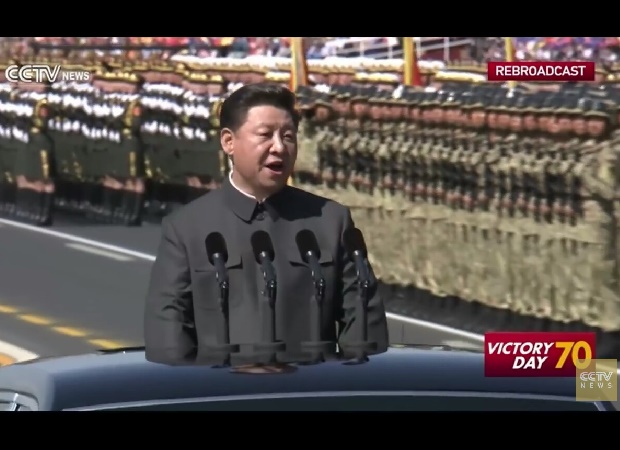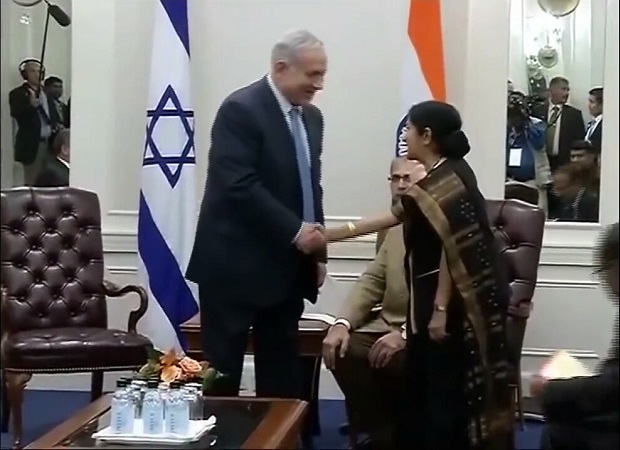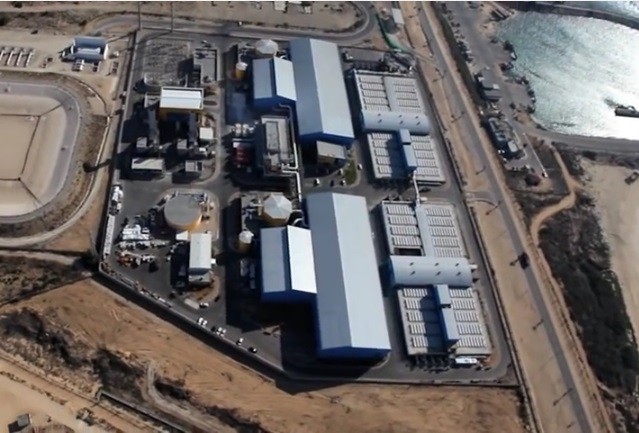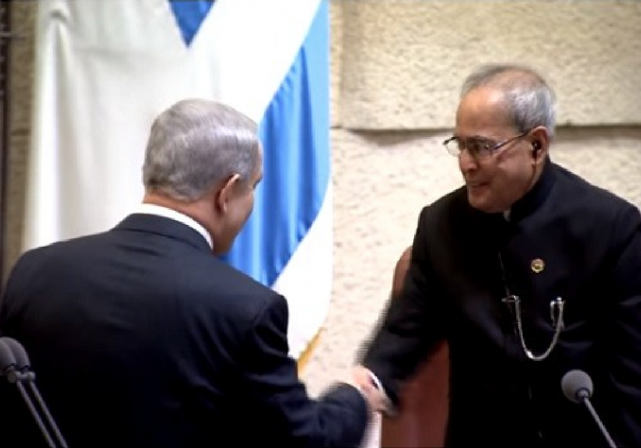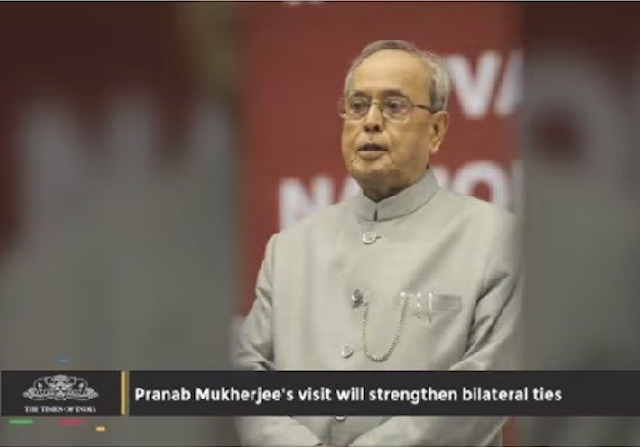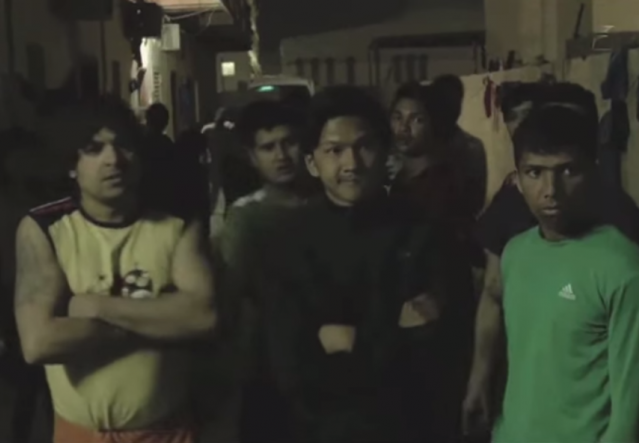Oppression of women in America?
on January 23, 2017
16 Comments
I worked in National Security at Breitbart, which made me very grateful to live in America. Every day I covered stories describing actual oppression of females. I bet you anything those females would love to have the cost of their birth control as their only worry.
Those marches made me ashamed of my sex since governments in other countries actually treat its female citizens like second class citizens. I will concentrate on three countries: Saudi Arabia, Iran, and India.


